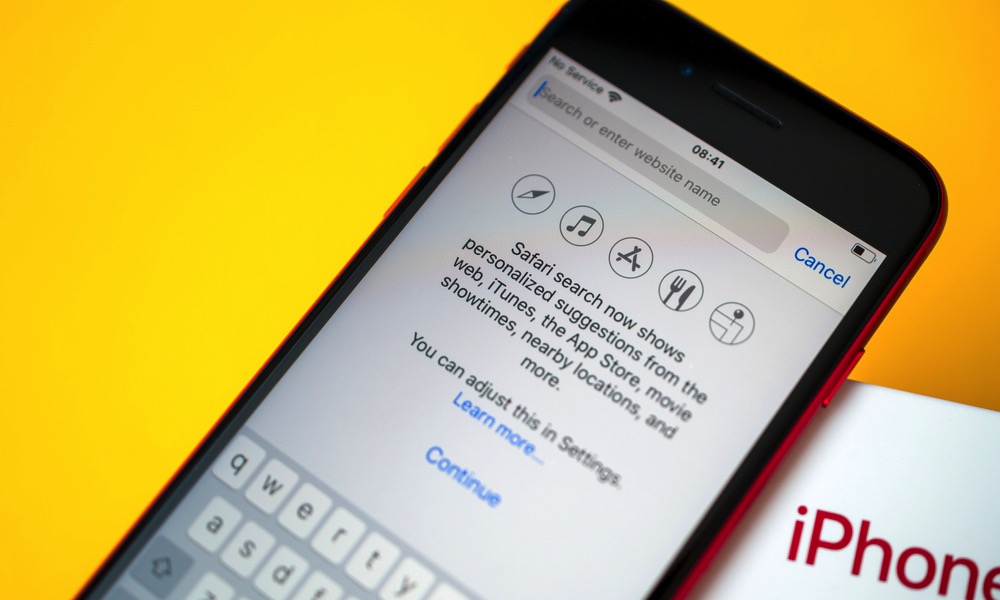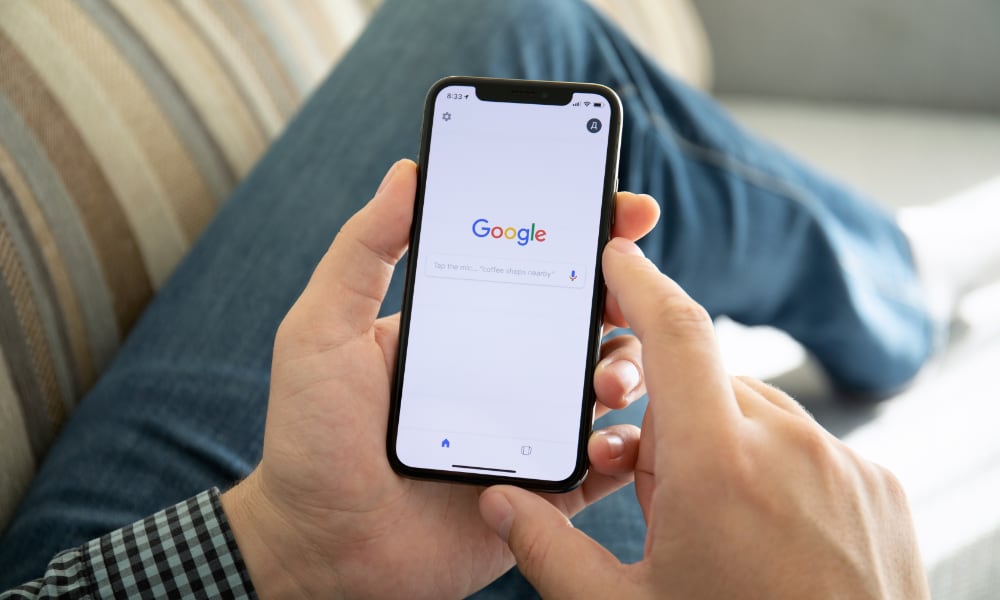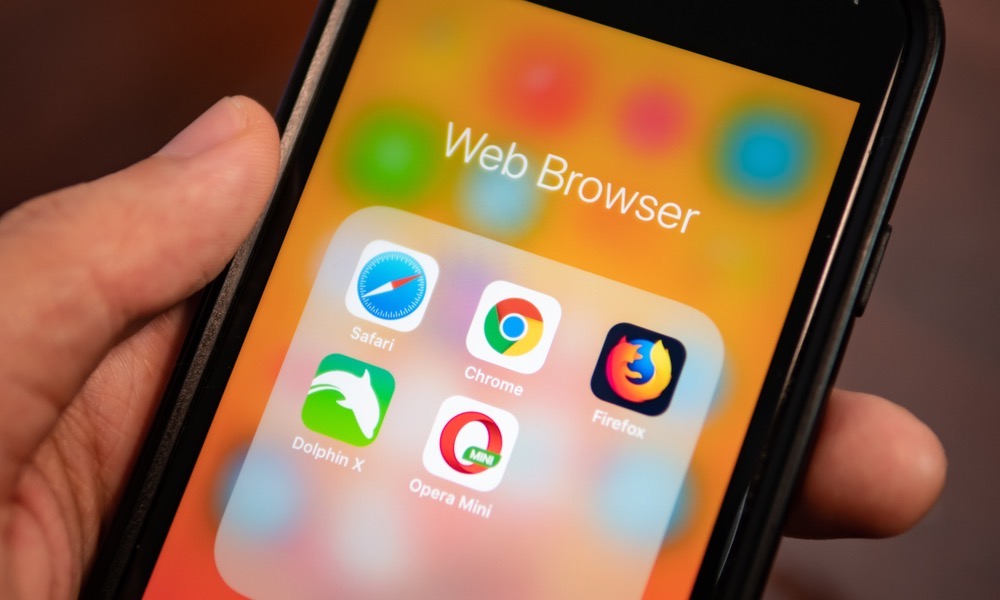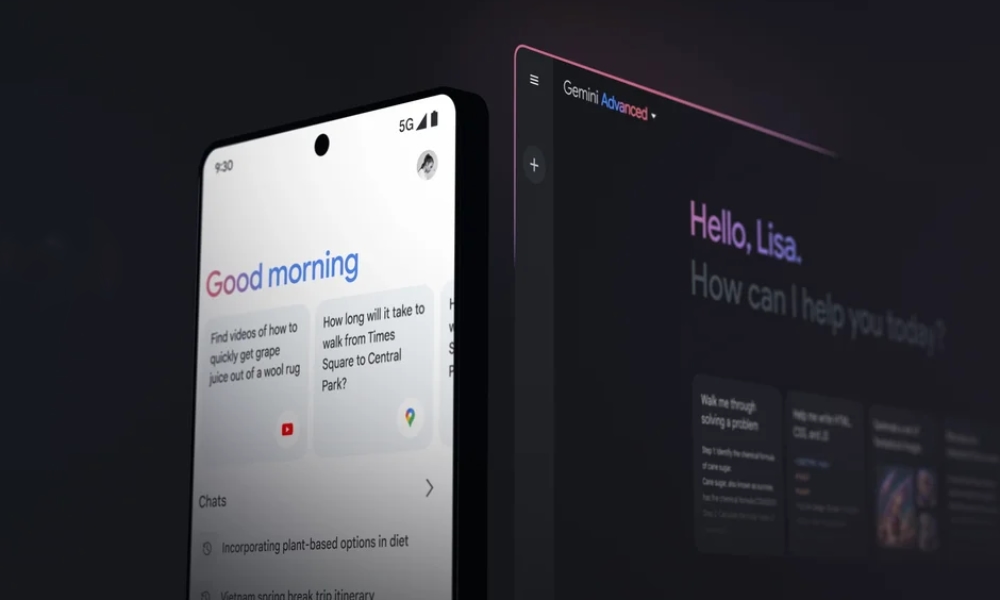Google’s $56 Billion Secret: Here’s the Real Reason It Wants You to Use Chrome on Your iPhone
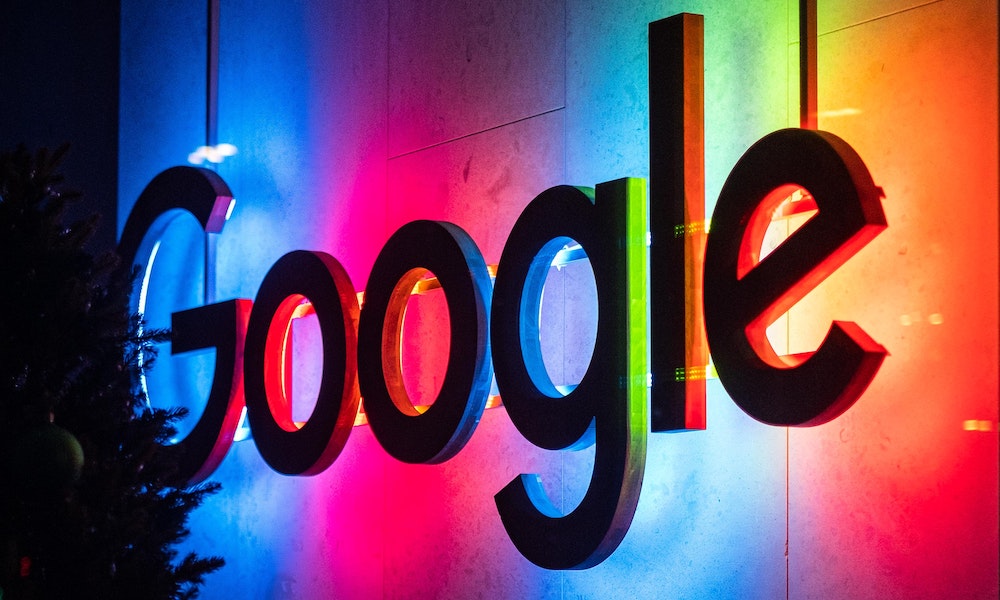 Credit: Sascha Bosshard / Unsplash
Credit: Sascha Bosshard / Unsplash
Toggle Dark Mode
If you’ve felt that Google has been trying to entice you to switch over from Safari to Chrome on your iPhone, it’s not just you. The search giant has a compelling reason to want you to use its browser instead of Apple’s, but it may not be what you think.
Like any company, Google would certainly like to see more folks using its products. In the case of Chrome, there’s also the fact that Google gets a lot more data about what you’re doing on the web than Apple is about to give it when you’re surfing in Safari.
That’s the seemingly obvious reason why Google has pushed Chrome on both the iPhone and iPad, but it turns out it’s not the biggest one. Instead, it’s about the search revenue that Google pulls in from iPhone users and its reliance on Apple to supply that revenue stream.
It’s been common knowledge for a while that Google pays Apple billions of dollars a year to be the default search engine on the iPhone. With well over a billion iPhone users scouring the web every day, the iPhone’s Safari browser could be the most valuable piece of digital real estate on the planet, and the last thing Google wants is to cede that space to a rival.
Hence, it’s also forced to up the ante each year. However, now it also finds itself in the crosshairs of the US Department of Justice (DoJ), which is accusing it of anticompetitive behavior in its deal with Apple, which court documents reveal may have reached as high as $20 billion annually.
Of course, if Google is willing to pay Apple that much money every year, you can bet that it’s making substantially more. While this deal has always been a lucrative one for Apple — it’s estimated to account for about a quarter of the company’s annual services revenue — now we have a clue as to how lucrative the deal is for Google.
A new report by The Information reveals that Google is paying Apple about 36 percent of the overall ad revenue from searches done through Safari. So, if Apple is getting $20 billion per year from the deal, then Google is making around $56 billion in total revenue from Safari searches.
However, it seems that Apple’s cut isn’t a set dollar figure but rather a fixed percentage of the ad revenue that’s derived only from searches performed using Safari on the iPhone.
In other words, if an iPhone user performs a Google search through another browser, such as Chrome, Google doesn’t have to pay Apple a cent — it gets to keep 100 percent of that revenue.
The issue has become much more controversial since the US DoJ filed its antitrust trial against Google, but according to The Information, the search giant has been trying to push users away from Safari for more than a decade. Considering the billions of dollars in play here, it’s not hard to see why.
Sources who spoke with The Information said that Google aims to drive half of all iPhone searches through its own apps by 2030. That includes the Chrome browser and also the “Google” app, a standalone app the company heavily promotes as the best way to search for things online.
It’s had some success with that strategy thanks to brand recognition. Many iPhone users equate the Google app with the Google search engine and don’t realize that they can just as easily use Safari to perform the same searches.
Today, a little over 30 percent of Google searches performed from an iPhone come from either Chrome or the Google app. However, that number has only grown by about five percent in the past few years, which sources indicate is disappointing to some Google insiders.
Progress is believed to have stalled in late 2023, and one source told The Information that “it’s simply too hard to overcome the fact that Safari is preinstalled on Apple devices.” The Digital Markets Act in the European Union will likely help Google overcome some of this inertia in that market since it forces Apple to offer users a selection of alternatives to Safari when they first set up a new iPhone.
However, Safari remains firmly entrenched as the default browser in the US and the rest of the world, with limited incentives to switch to alternatives like Chrome because they ultimately use the same underlying WebKit engine anyway.
As a result, Google has been considering other strategies, including blocking some of its Gemini AI features from Safari and limiting them to its own apps. The Information notes that Google hired Robby Stein, a former executive from Instagram and Yahoo, to “take on the goal of shifting iPhone customers to Google’s mobile apps,” and while Google hasn’t yet gone so far as to block features like AI Overviews from Safari, it’s said to be looking at ways to make its apps more compelling by using at least some generative AI features.
Meanwhile, Google is also in unrelated talks with Apple about licensing Gemini as an alternative to OpenAI’s ChatGPT for handling external Apple Intelligence requests. This would involve implementing Gemini as a core component in future iOS releases and likely has little to do with the Safari search deal.
The search deal is already on shaky ground, as the DoJ could ultimately order an end to it under antitrust law. Apple would lose around $20 billion in annual revenue, but Google could stand to lose more as the iPhone maker would no longer be compelled to present Google as a default search option. Further, since the antitrust action would be against Google, it wouldn’t rule out Apple making alternative deals with other search engines that have a less dominant market share and wouldn’t come under antitrust scrutiny.
This could result in Google losing a sizeable chunk of the $56 billion it’s making from Google searches done in Safari on the iPhone. On the other hand, if Google succeeds in driving iPhone users away from Safari and into its own apps, it would help it avoid antitrust regulation and make it less dependent on Apple. This would, in turn, put it in a stronger negotiating position the next time the search deal comes up for renewal.


